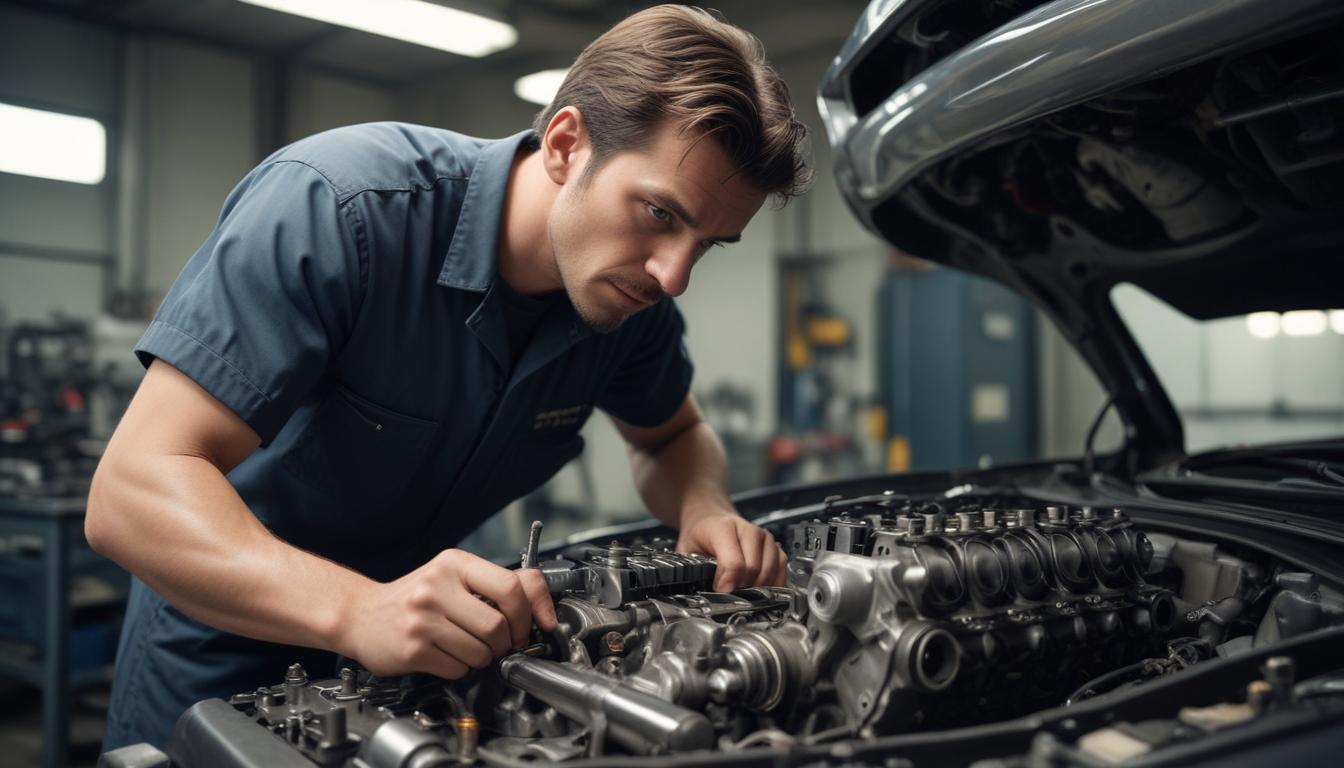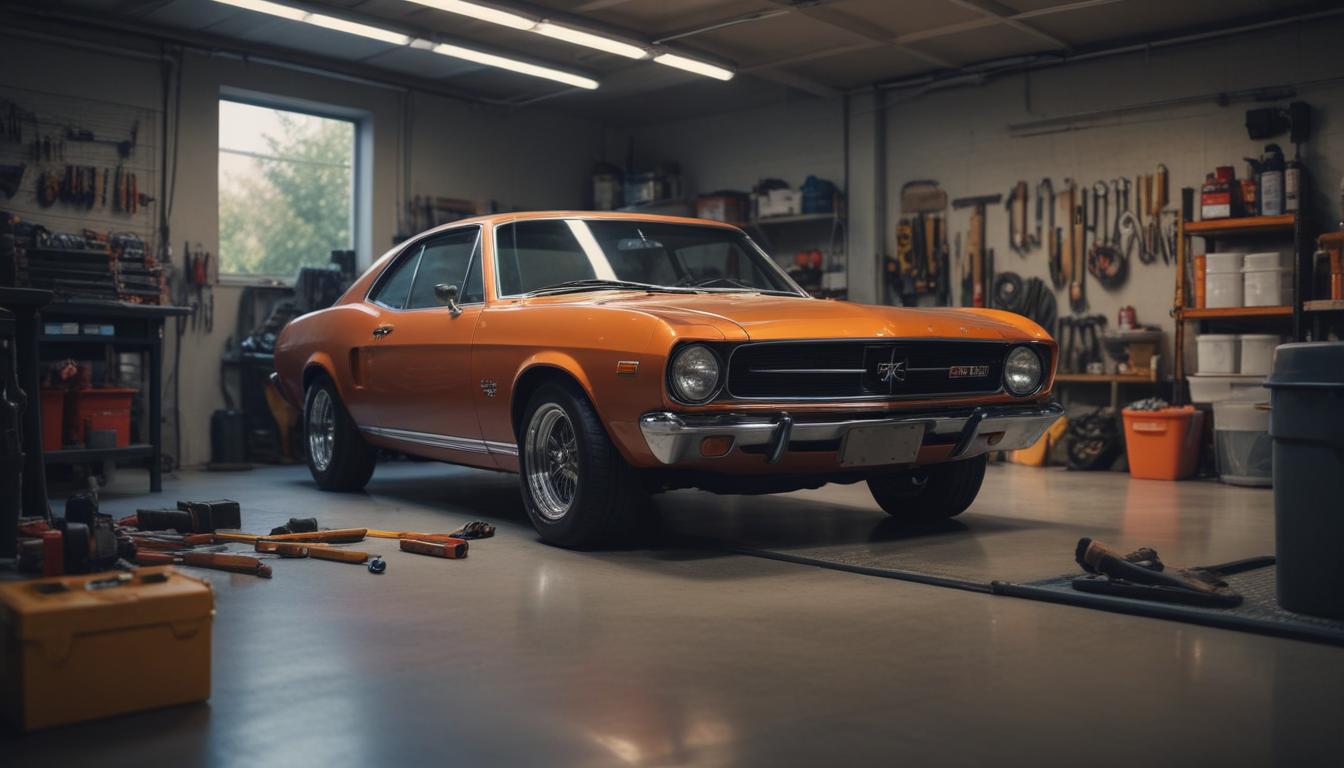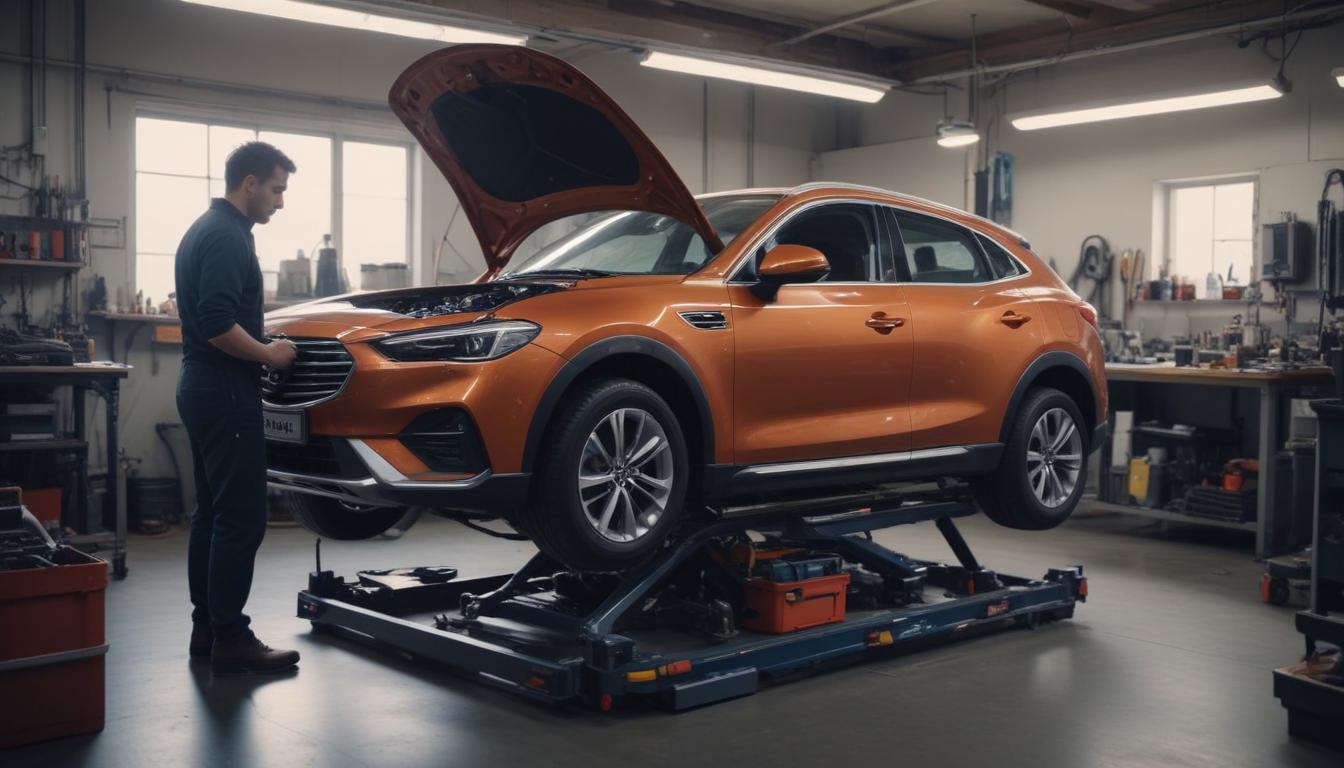The Top 5 Common Car Maintenance Issues You Should Never Ignore
Introduction
Car maintenance is a crucial aspect of ensuring your vehicle’s longevity, safety, and performance. Unfortunately, many drivers overlook small issues that over time become costly and pose serious risks. This blog delves into the top five common car maintenance issues that every driver should be aware of and take proactive steps to address. Let’s explore these issues to ensure your car stays roadworthy and safe.
1. Dashboard Warning Lights
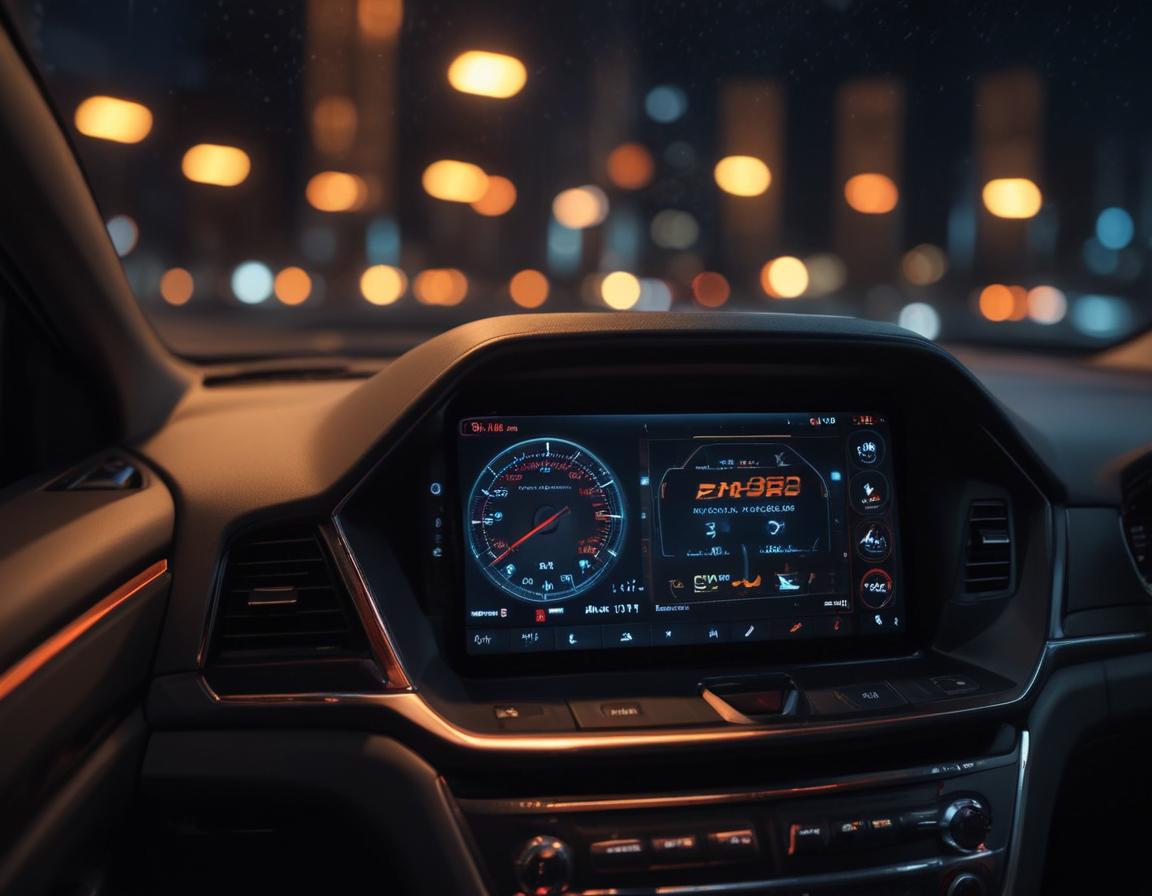
One of the most noticeable signs that something’s wrong with your car is when a dashboard warning light comes on. From the check engine light to the ABS alert or tire pressure warning, these signals are your vehicle’s way of communicating potential issues. Sensors in your car monitor everything from engine performance to emission control systems, letting you know when something needs attention.
Ignoring dashboard warning lights can result in increased wear, decreased driving safety, and costly repairs in the future. It’s important to diagnose and address the root cause of these warnings early. Most professionals recommend getting a diagnostic scan as soon as the light comes on to prevent minor issues from escalating.
2. Poor Fuel Economy
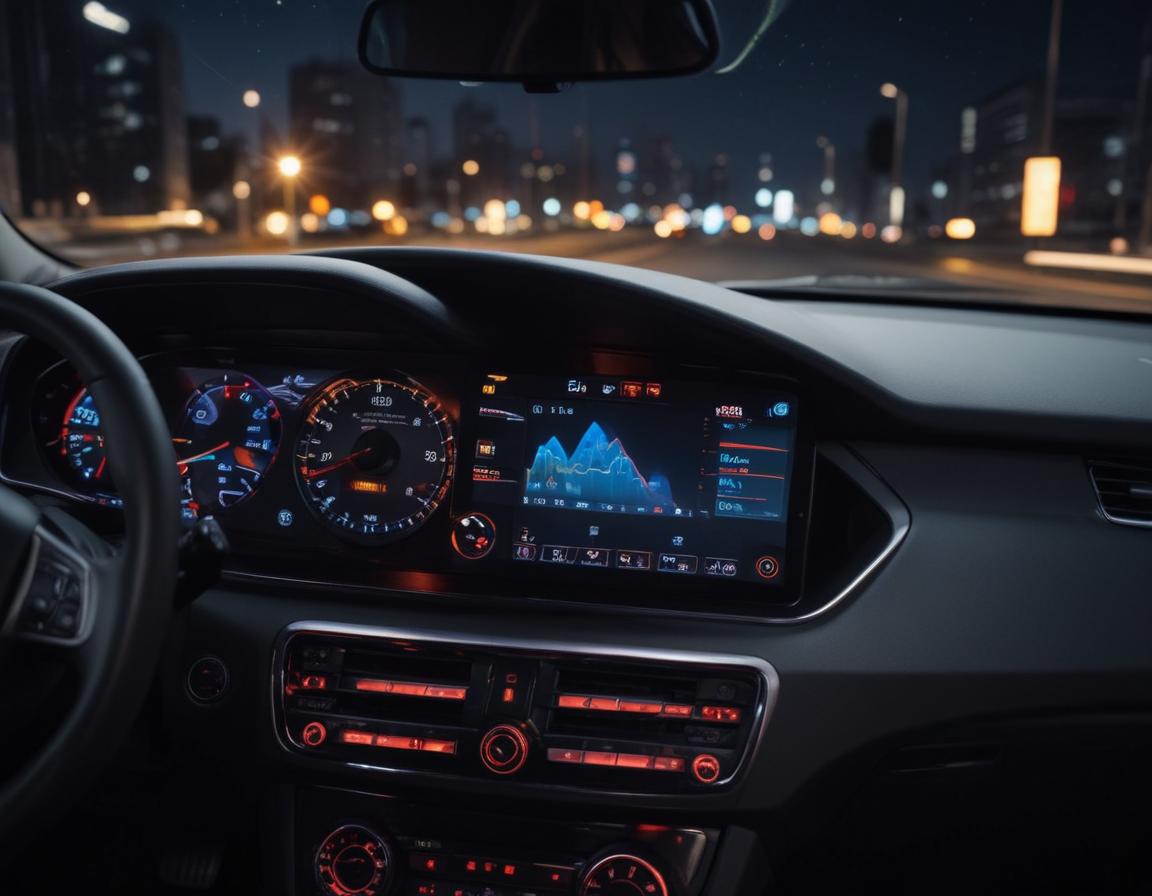
If your car’s fuel consumption has increased, it might be a telltale sign of problems with the fuel system. Components like clogged fuel filters, dirty oxygen sensors, or a faulty mass airflow sensor can reduce fuel efficiency and affect overall engine performance.
To tackle this, schedule regular tune-ups and replace or clean specific components as part of your routine maintenance. By doing so, you can:
- Save money at the pump
- Ensure a healthier vehicle
- Contribute to a cleaner environment
Being proactive with your car’s fuel system maintenance goes a long way in improving fuel efficiency and emissions compliance.
3. Engine Noises and Stuttering
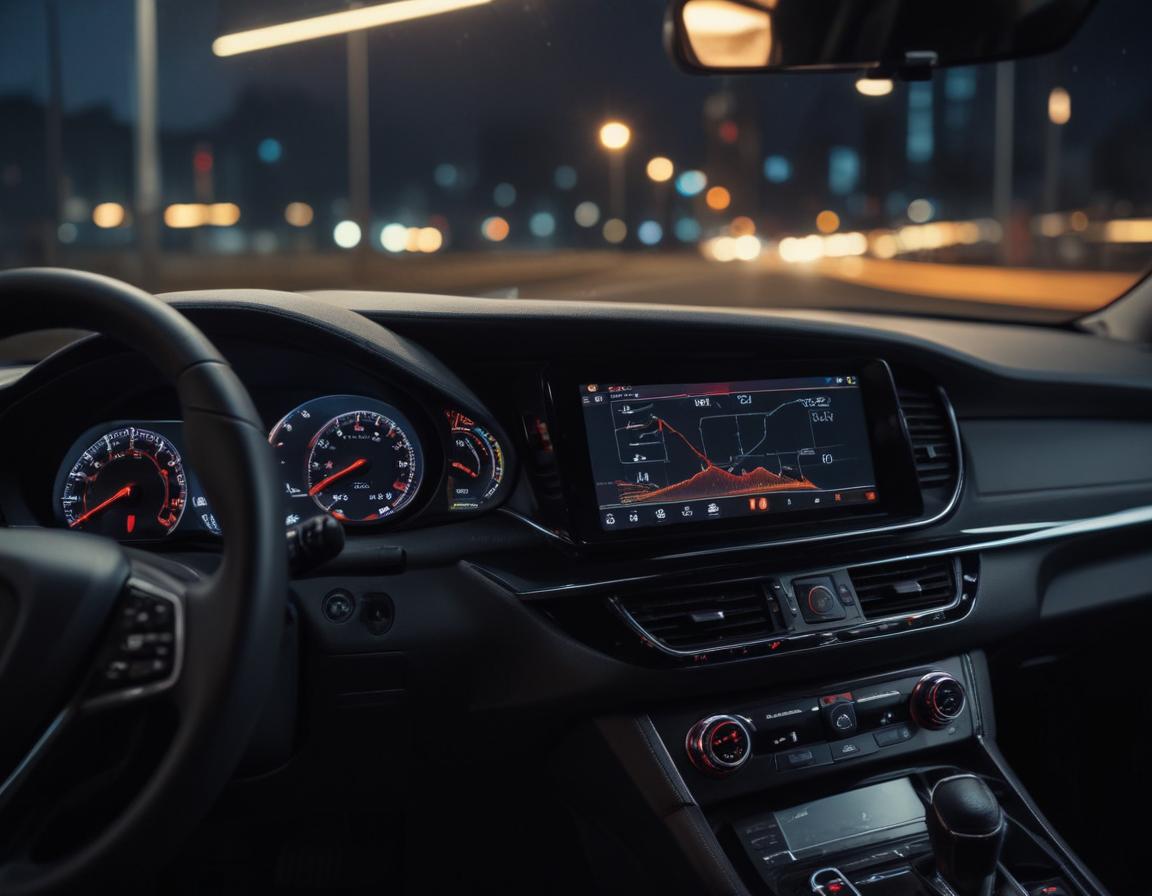
Have you ever heard a strange pinging or knocking sound, or felt your vehicle’s engine stutter? These symptoms often point to issues like:
- Low oil levels
- Using the wrong fuel octane
- Worn-out engine parts such as pistons and bearings
Ignoring these noises can lead to severe engine failure, resulting in hefty repair bills. To ensure optimal engine health:
- Schedule regular oil changes
- Stick to the correct fuel type recommended for your car
- Address any unusual noises or performance irregularities quickly
Remember, early detection of engine issues can save your car and your wallet in the long run!
4. Battery and Starting Issues
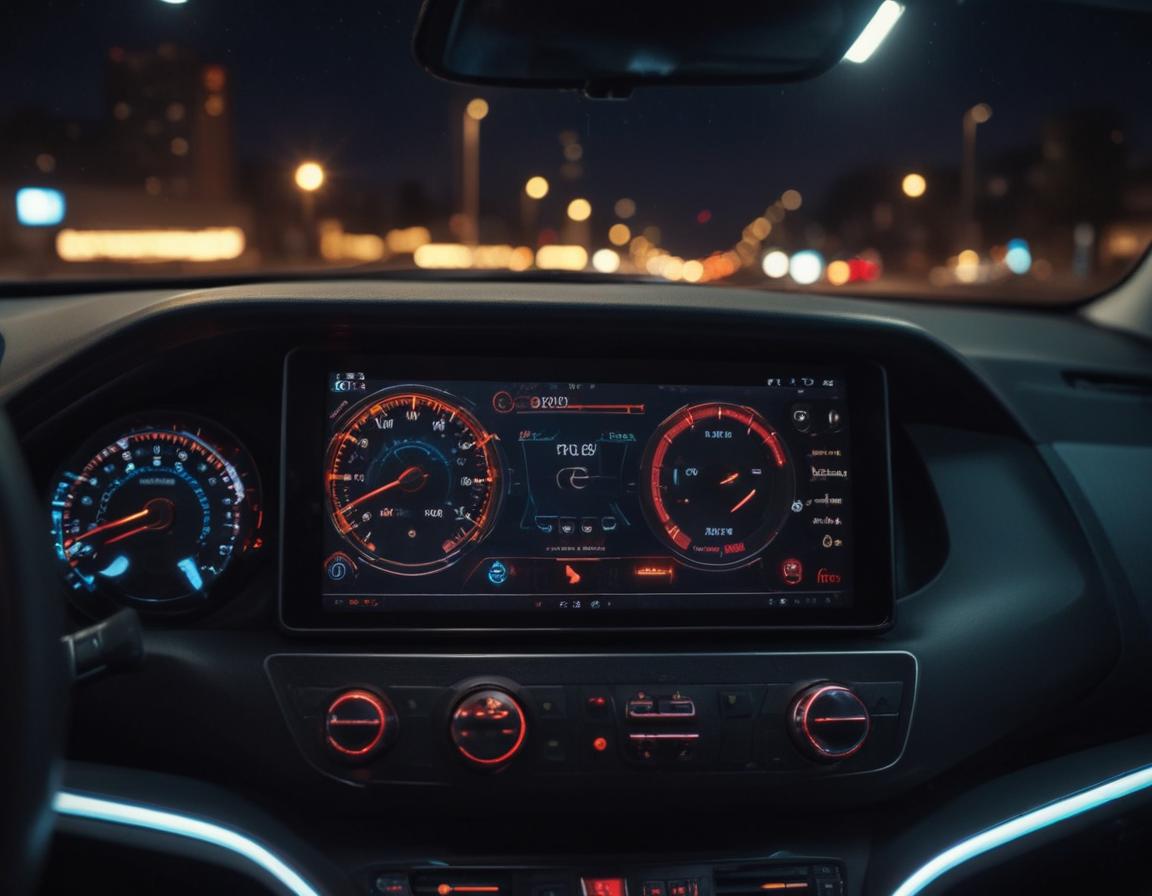
Few situations are as frustrating as turning the key and hearing only a click—or worse, silence. This is often due to failing alternators, corroded terminals, or a weakening battery. Since car batteries typically last three to five years, regular maintenance is essential.
To avoid unexpected breakdowns, make sure to:
- Test your battery charge regularly
- Inspect the alternator
- Clean corroded terminals
- Replace batteries nearing the end of their life span
Additionally, avoiding accessory overuse, such as leaving lights or electronics on while the engine is off, can also preserve battery life. Investing time in battery care ensures reliability when you need it most.
5. Tire Problems and Leaks
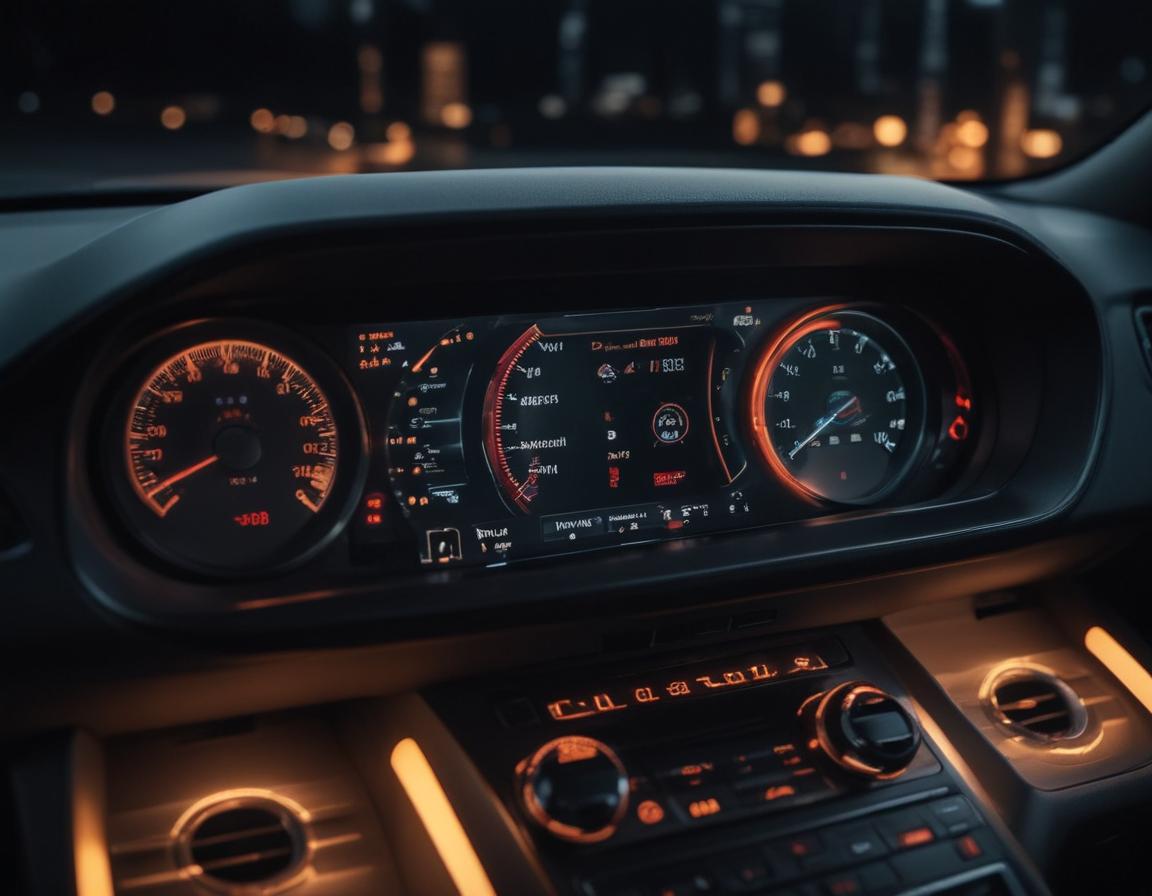
Neglected tire issues like punctures, uneven wear, or low pressure can become serious safety risks. Blowouts not only endanger the driver but also pose hazards to other road users.
To prevent such mishaps:
- Perform regular tire inspections for cuts, leaks, and uneven tread wear
- Address small punctures with a patch or plug
- Replace tires with significant sidewall damage
- Keep tire pressure at optimal levels, especially on long road trips
Following these practices can save you from premature tire replacements and ensure a safer driving experience.
Conclusion
By staying on top of these five common car maintenance issues, you’ll not only save money but ensure a safer driving experience. Regularly addressing small vehicle problems before they escalate into major concerns is a vital part of responsible car ownership.
Remember:
- Consult with a professional mechanic
- Stick to a regular maintenance schedule
- Keep an eye on your dashboard warning lights
- Inspect your tires, battery, and fuel system
When it comes to car care, being proactive is always better than being reactive. Stay attentive, and your car will thank you by performing well for years to come!
“`

